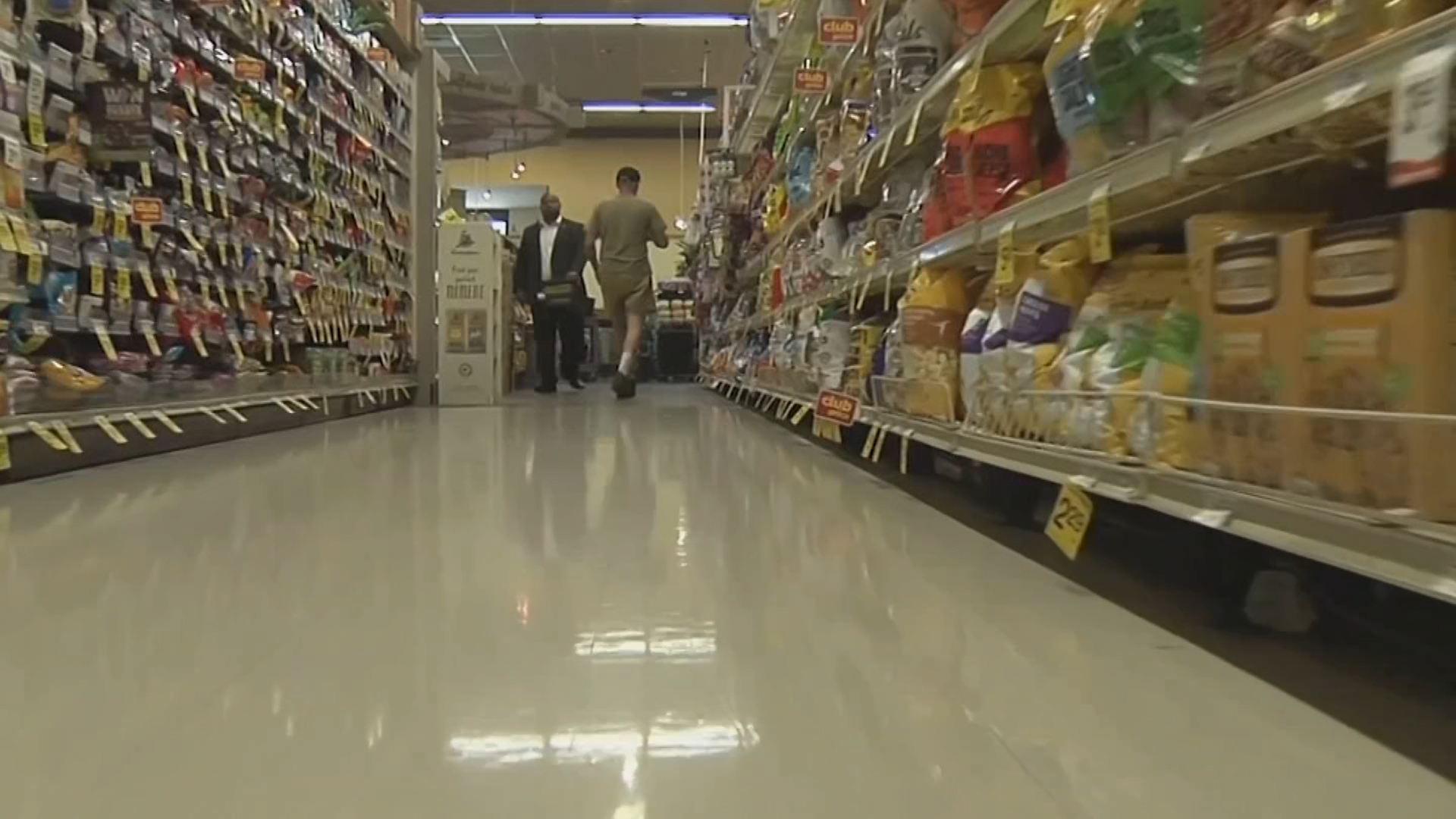Illinois' Election Day was flooded with questions over why the state decided to continue its primary despite mandatory closures of schools, restaurants and bars and a ban on gatherings of 50 people or more.
With promises of sanitizer and calls to early vote, state officials said the Illinois Primary would go on as scheduled, but the day was also met with several polling place changes, delayed openings and no-show workers.
Chicago Election officials said they wanted to move to a mail-in only model and cancel in person voting, but were rejected by the governor’s office.
“This was a snowball we could all see coming down the hill,” Chicago Board of Elections spokesman Jim Allen said.
But Gov. J.B. Pritzker fired back at those claims.
"Not surprisingly, they could not even explain the legal basis for their request," Pritzker said. "Nor could they promise the people of Illinois that the state would be able to hold an election on their suggested date of May 12."
Pritzker said his office offered to provide members of the National Guard and 2,000 young volunteers from the civic organization Mikva Challenge to help staff the election, but said the board turned both away.
Chicago Politics
"There are people out there today who want to say, 'It's a crisis, bend the rules and overstep your authority,'" he said. "It is exactly in times like these that the constitutional bounds of our democracy should be respected above all else."
Voting rights groups and the head of the Democratic National Committee want the states with remaining primary elections to offer voting by mail as a way to ensure that voters can safely cast their ballots amid the coronavirus outbreak.
A quick and easy fix? Not always.
For states that don’t already have vote-by-mail or that greatly restrict it, such a change could require amending state law. It also would require major changes to state and county voting and tabulating systems. Buying the equipment and software to track ballots and read the signatures on them could cost millions. And that’s not to mention deciding who pays for return postage — individual voters or taxpayers?
So far this year, there have been quick moves to extend mail voting in only two cases, both limited in scope: Maryland postponed its primary but decided to hold next month's special congressional election by mail. And the Democratic Party in Wyoming, which already was sending all its members ballots, has canceled the in-person portion of its presidential caucus.
As in Wyoming, the Democratic caucuses and primaries in Alaska, Hawaii and Kansas were already to be held largely by mail this spring. So far, none of the five states that have postponed their primaries — Georgia, Kentucky, Louisiana, Maryland or Ohio — have said they will mail ballots statewide.
A bill in Louisiana seeking to expand vote-by-mail was introduced even before the state's primary was pushed back, but it hasn’t received a legislative hearing and is opposed by the state’s top elections official. Pennsylvania lawmakers eased absentee ballot rules last year, and now Democrats want to expand voting by mail. Republicans, who control the statehouse, have generally resisted voting changes, and it’s unclear if the virus crisis is enough to overcome concerns about the costs of greatly expanding vote-by-mail.
Opposition isn't unusual, typically because lawmakers or election officials believe it opens a pathway to voter fraud. The ability to receive a ballot in the mail is greatly restricted in 16 states.
Those states allow absentee ballots only for voters who give a valid reason to get one — and require they be requested for each election. Of those, Delaware and New York are phasing in no-excuse mail voting.
The hurdles to implementing voting by mail for all voters is why states might be better off taking only small steps at first, said Charles Stewart, a professor of political science at the Massachusetts Institute of Technology. That could mean simply making absentee ballots easier to get.
“Hastily implemented changes to voting rules and laws can end up causing all types of problems that you didn’t anticipate,” he said.
Doug Jones, an election security expert at the University of Iowa, said universal mail voting also raises concerns about voters illegally selling blank ballots or being coerced to vote a certain way.
A half-dozen states already have or are implementing systems where all voters are mailed ballots. They can mail them back, drop them off at designated spots or choose to vote in person on Election Day.
Oregon has been conducting elections that way since the 1990s. Since then, California, Colorado, Hawaii, Utah and Washington have implemented or begun phasing in similar systems.
With the coronavirus pandemic, the idea has generated more interest. The National Vote at Home Institute advocates for a switch to a mail-based voting system and consults with governments about it.
Said chief executive Amber McReynolds: “It’s better than hoping people show up and aren’t scared, and hoping that you don’t have a giant poll worker shortage and hoping polling places aren’t closed.”



